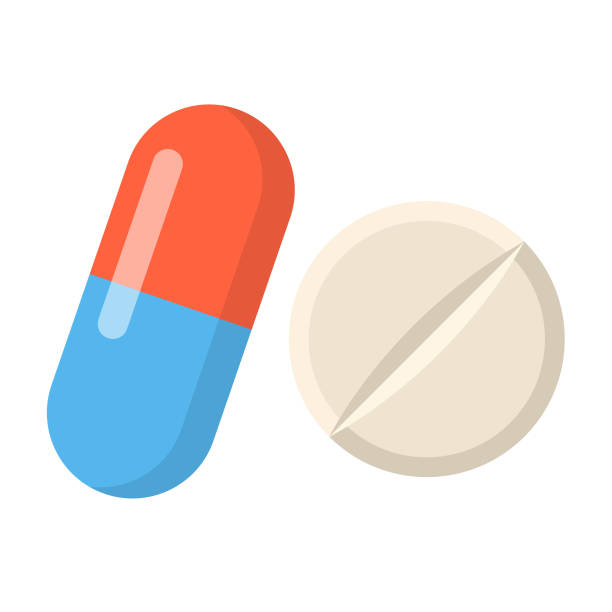Indications
Sparfloxacin is indicated for the treatment of the following infections due to susceptible microorganisms:
- Upper and lower respiratory tract infections including sinusitis, acute exacerbation of chronic bronchitis, community and hospital acquired pneumonia.
- Urinary tract infections including gonococcal and non-gonococcal urethritis, chancroid and other sexually transmitted diseases.
- Skin and soft tissue infections.
- Prophylactic use in different urological and ophthalmic operations.
Pharmacology
Sparfloxacin is a synthetic, broad-spectrum antibacterial agent from the difluoroquinolone family. It has been reported to be more active in vitro than ciprofloxacin against some organisms, including staphylococci and Mycobacteria, and has a much longer plasma half-life (16 hours).
Sparfloxacin inhibits the supercoiling activity of DNA gyrase which is an enzyme essential for DNA replication thus promoting the breakage of DNA structures. It has activity against S. pneumoniae, S. aureus, H. influenzae, K. pneumoniae, M. catarrhalis and Mycobacterium spp.
Dosage And Administration
In patients with normal renal function the recommended daily dose is two tablets of Sparfloxacin 200 mg on first day as a loading dose, thereafter take one tablet of Sparfloxacin 200 mg every 24 hours for a total of 10 days of therapy.
The recommended daily dose of Sparfloxacin in patients with renal impairment (Creatinine clearance < 30 ml/min) is two tablets of 200 mg taken on the first day as a loading dose. Thereafter, should be taken one tablet of 200 mg every 48 hours for total of 9 days of therapy.
Administration
Sparfloxacin can be taken with or without food.
Interaction
On concomitant use with Quinidine, Sotalol, Erythromycin, Astemizole, Terfenadine, vinca alkaloids there is increased risk of arrhythmia. Salts, oxides and hydroxides of Magnesium, Aluminium and Calcium decrease absorption of Sparfloxacin.
Contraindications
Sparfloxacin is contraindicated for individuals with a history of hypersensifivity and in achilles tend in its following the use of fluoroquinolone and in pregnancy and lactation. Sparfloxacin is contraindicated in patients with known QTc prolongation or in patients being treated concomitantly with medications known to produce an increase in the QTc interval and/or torsade depointes.
Side Effects
Most of the adverse events were mild to moderate in severity and transient in nature. The most frequently reported events among the Sparfloxacin treated patients with the recommended dosage are: diarrhea, nausea, headache, dyspepsia, dizziness, insomnia, abdominal pain and QTc interval prolongation.
Pregnancy And Lactation
There are no adequate and well controlled studies in pregnant women. Sparfloxacin should be used during pregnancy only if the potential benefit justifies the potential risk to the fetus.
Precautions And Warnings
It should be used with caution in renal diseases, gastric ulcers and with concomitant use of NSAIDs. In renal failure of third degree severity (creatinine clearance < 30 ml/min) dosage modification is recommended 400 mg on 1st day, 200 mg on 2nd and 3rd day followed by 200 mg every 48 hours. Because fluoroquinolones have been associated with tendon rupture, Sparfloxacin should be discontinued at the first sign of tendon pain. Exposure to UV radiation during treatment should be avoided.
Therapeutic Class
4-Quinolone preparations.
Use in special populations
Use in children: Safety and effectiveness have not been established in patients below the age of 18 years.
Storage Conditions
Store at temperature below 30° C.
